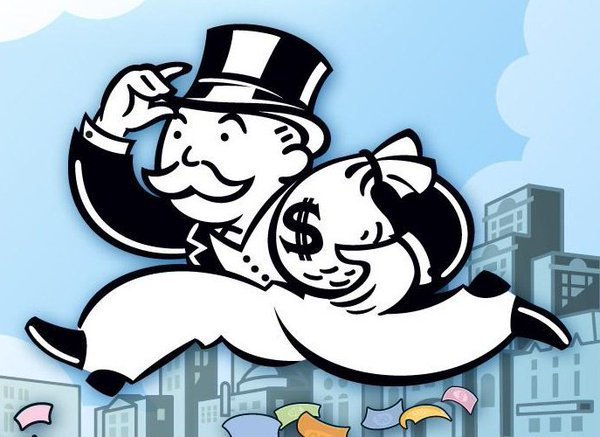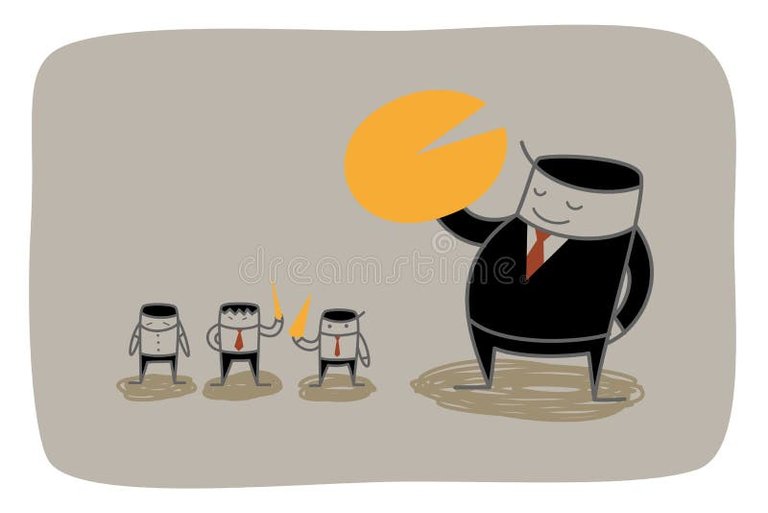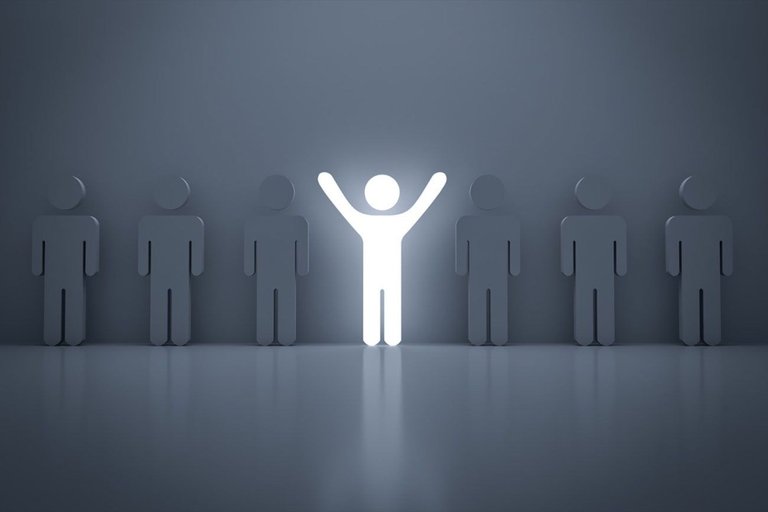Monopoly: More Than a Game

Image Source
I know when I hear the word Monopoly, my first thought is to get ready to destroy some people in one of my favorite board games of all time. However, despite my passion for the game Monopoly, I recently took a bit more interest in the concepts of monopolies in the world of business and markets. Dr. Per Bylund presented to the Free Enterprise Society at Oklahoma State University, and I recently was encouraged to watch a recording of it and I will say the impact was much greater than I expected. Through the examples and buildup given by Dr. Bylund, my understanding of a monopoly has been completely transformed. From believing that being the giant made you a monopoly to understanding that at it's roots, monopoly is about who has power, this is my reflection and my thoughts on the recorded presentation.
My Initial Thoughts
 Image Source
Image Source
For a time, I believed than in order to be considered a monopoly in the business world, it simply meant you just had to be the biggest or the baddest around. To me, a monopoly meant nothing more than a business was so large, well developed, trusted, or successful that it essentially dominated it's market and left little room for competitors to battle them. Which, in a way, is still the case in certain elements of monopolies. Monopolies can and do still exist to where one company or corporation becomes so large it is almost impossible for them to fail in their endeavors. Competition struggles to build their brand against them as the larger company has more market influence. Consumer choice is what creates these monopolies. Our choices as buyers are what builds these companies to be what they are, and at any point we could choose to leave them. The reason we don't, in most cases, is because they offer us a product that we take to be worth more, see as higher quality, or offer us at a lower price than other competition can afford to. My original thinking kept me in a state of tunnel vision that monopolies were created by the consumer and that over time, they grow so much that their power begins to come from their brand rather than the consumer.
A Changed Outlook: My New Understanding of Monopoly
 Image Source
Image Source
My new understanding of what a monopoly truly is and how they control a market may not be perfect, however, I firmly believe that the presentation by Dr. Bylund has set me down an important path of being able to identify what a monopoly looks like in my world and where their power comes from. The clearest point that Dr. Bylund made that stuck with me was that the power that I believed comes from a brand, usually comes from a government. Companies do have the power of brand recognition, which often benefits the larger, more well known corporations, however, monopolies have the power of the government. This isn't to say that the government is directly coming out and labeling one company as the monopoly and that's that, rather it is through regulations and requirements in place for different facets of business. The example that stuck with me most was with hospitals. He gave examples of utility workers and how the government has essentially established a system for them that allows them to charge a price and consumers essentially just have to pay. There is no competition for them to turn to. However, with the hospitals, their power still comes from laws and regulations put in by government, but it allows for multiple hospitals to have control on who can come in and compete. In the utility example, their is usually one body that you can choose from, and no one else can really enter the business, and that is how their monopoly is formed. With the hospitals, if someone wants to open a new hospital, they must get a letter from each hospital already in the area saying there is need for another. In this way, the existing hospitals can have a monopoly on who can open hospitals in that sector, effectively controlling the competition and keeping the spread of consumers to a select few options. This brought up a lot of questions in my mind about what all sectors have businesses have laws like this in place that allow either the government or those in business to regulate and control who can come into the business and serve as potential competition to those already established in that specific niche.
My Reflection on Monopoly Power
Monopolies exist in our world. Almost everywhere we go there will be monopolies. However, it is not the number of businesses in a sector that changes the power. A specific area could have a monopoly, a duopoly, or even more according to Dr. Bylund, however, the power given to any company or set of companies through regulatory measures or laws can change the entire landscape of competition for that sector. In this way, the same government that is in place to help regulate overgrown companies and split them up can create powerful monopolies or giants in selects areas of business because of the legalities they put into place. The presentation from Dr. Bylund opened my eyes to the reality that a monopoly is so much more than just being a giant in the business. Being a monopoly is about the power you are given over consumers, potential competitors, and entrepreneurs looking to invest themselves into that company's niche of business.